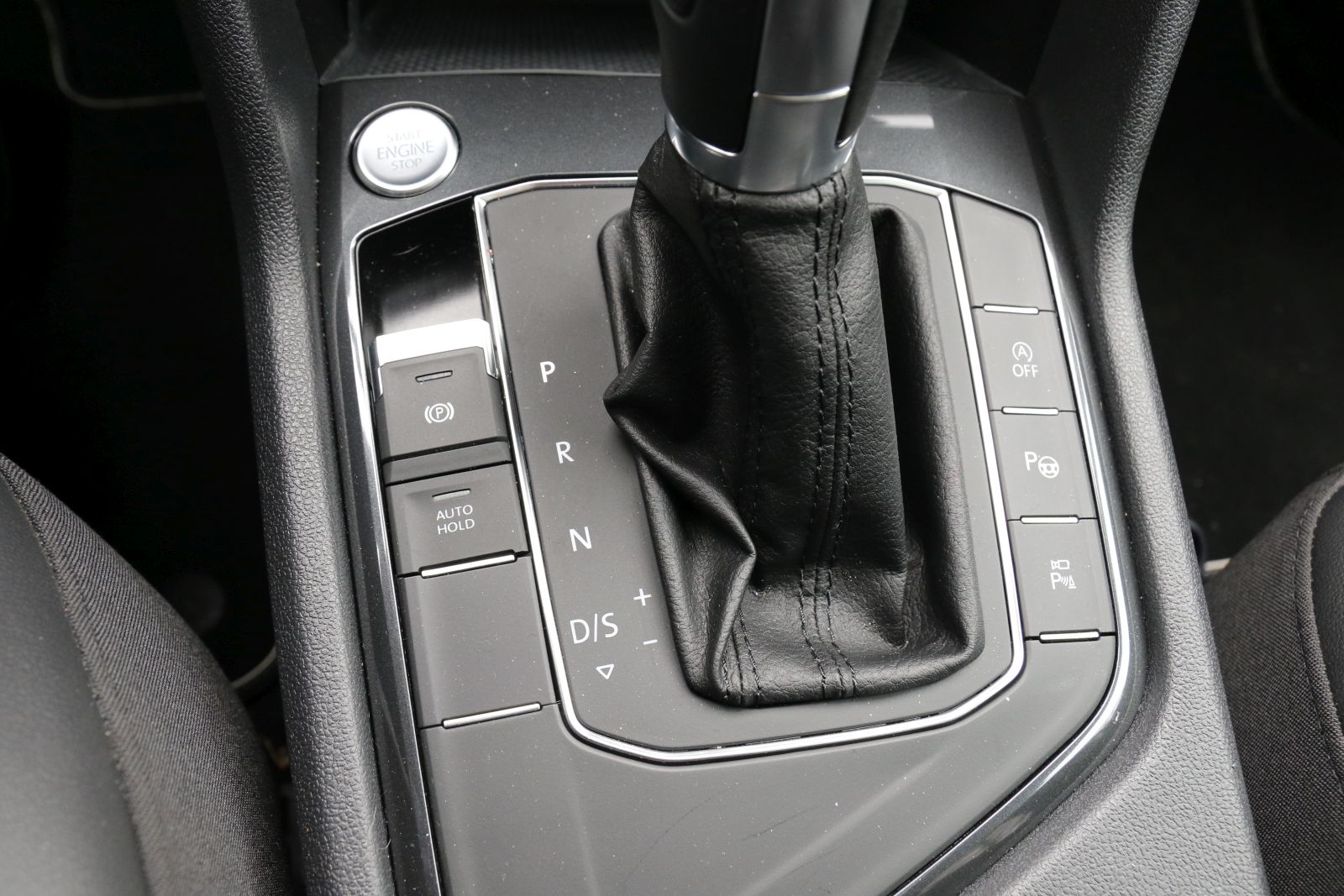The importance of choosing the right clutch for your vehicle
Let’s look at the main factors to consider when choosing a clutch for your vehicle: The torque capacity of a clutch refers to the maximum amount of torque the clutch can handle without slipping. It is crucial to choose a clutch that can handle the torque of your engine. If the clutch capacity is exceeded, the clutch will slip, causing premature wear and possible damage to other parts or research
information about autocoupling from autodoc.com
.
Several types of couplers are available, each designed for specific applications and driving styles:
- Organic coupling: Suitable for daily use and moderate performance. Provides good friction and smooth engagement.
- Ceramic coupling: ideal for high performance and racing applications. Provides superior grip, but may be harder during engagement.
- Kevlar clutch: A mix of organic and ceramic materials. Provides a good balance between performance and daily driving characteristics.
- Clutch with double friction: combines different friction materials on the pressure plate and disc. Provides versatility and adaptability.
- Phase links: Custom clutches for custom or performance vehicles. Offer more clamping force and better heat resistance.
Consideration factors in choosing a clutch:
- Driving Style: If you drive mostly in city traffic, an organic clutch will suffice. For performance riding or racing, consider a ceramic or Kevlar clutch.
- Vehicle modifications: Renewed engines or modifications may require a stronger clutch, such as a stage clutch, to handle the increased power.
- Torque Capacity: Make sure the clutch you choose can handle the torque of your engine. Exceeding the clutch capacity can cause slippage and premature failure.
- Comfort: Some clutches, such as ceramic, can be harder and less forgiving during engagement. Keep in mind your preference for comfort and handling.
If your vehicle has been modified with performance upgrades, such as a turbocharger or supercharger, you need a clutch with torque capacity to handle the increased power. Single-plate clutches are standard in most vehicles, while multi-plate clutches are usually found in racing applications. Couplings with multiple plates offer a larger surface area for better grip and heat dissipation, but are more complex. Choosing a reputable brand with a proven track record is crucial to ensuring the longevity and reliability of your clutch. By considering these important factors and understanding your specific needs, you can choose the right clutch for your vehicle and ensure a smooth and efficient driving experience. If you are not sure which clutch is right for you, consulting with a mechanic or auto specialist can help you make an informed decision and according to the
information from the autodoc.co.uk site about the clutch plate
.
Consultation with professionals:
If you are not sure which clutch is right for your vehicle, consult a mechanic or auto specialist. They can assess your driving habits, vehicle specifications and any modifications to recommend the most appropriate clutch.
In short, choosing the right clutch for your car is essential for optimal performance, longevity and a satisfying driving experience. By considering factors such as your driving style, vehicle modifications, torque capacity and personal preferences, you can make an informed decision and avoid costly mistakes. Remember, investing in the right clutch will save you money in the long run and ensure that your vehicle performs at its best.

